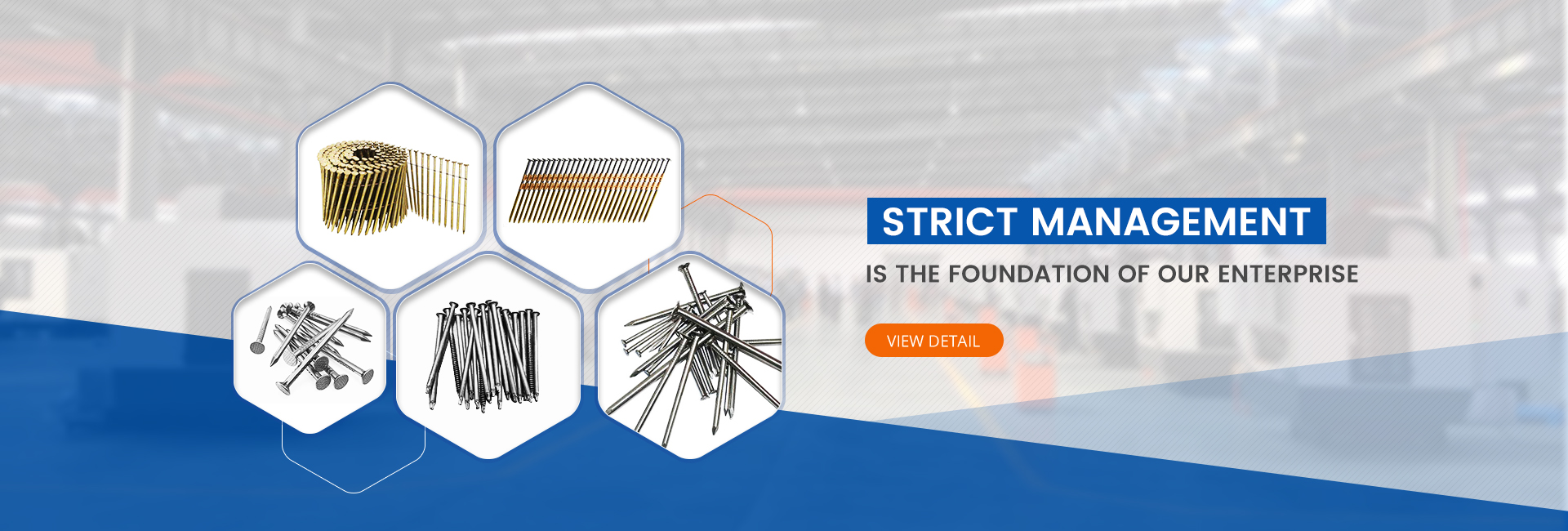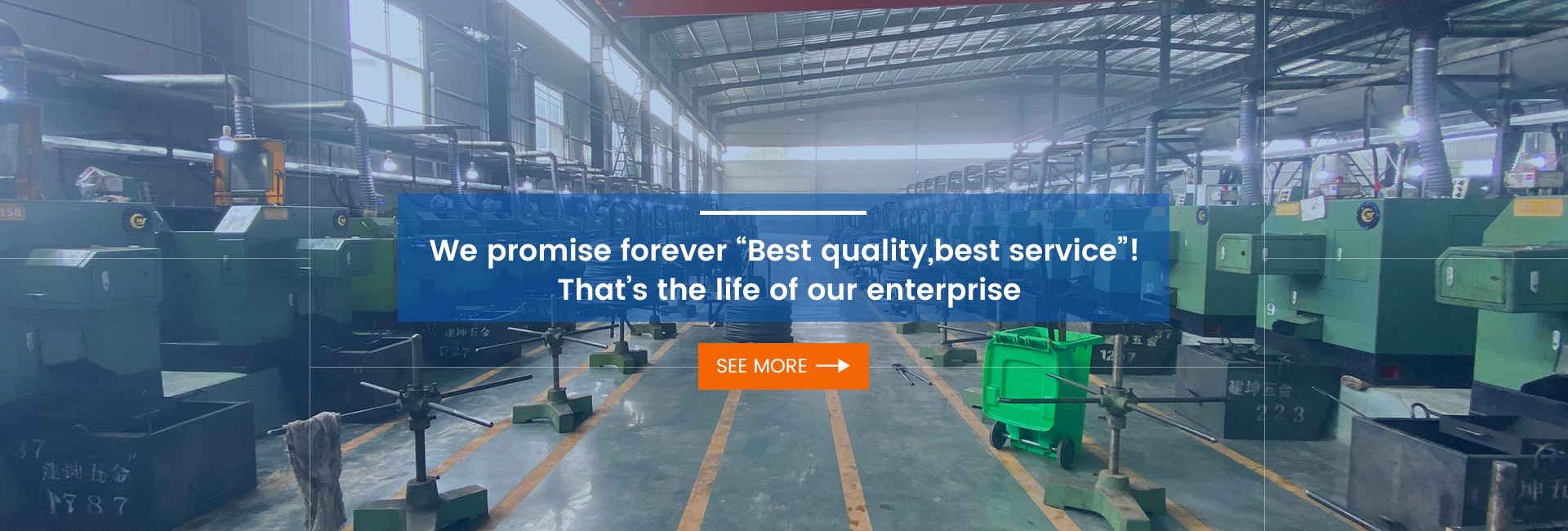The hardware industry is a cornerstone of global manufacturing, construction, and trade. As we move further into 2024, the sector is experiencing significant shifts driven by technological innovation, sustainability efforts, and evolving market demands. In this article, we explore the latest trends influencing the hardware industry and how these developments are setting the stage for future growth.
1. Technological Advancements in Hardware Manufacturing
One of the most significant trends in the hardware industry is the rapid adoption of advanced manufacturing technologies. Automation, robotics, and AI-driven processes are revolutionizing production lines, enabling manufacturers to produce high-quality hardware components with greater efficiency and precision. These technologies reduce human error, lower production costs, and increase overall output, making them invaluable in meeting the growing global demand for hardware products.
Furthermore, 3D printing is gaining traction in the production of custom hardware components, allowing for greater flexibility in design and quicker turnaround times. This technology is particularly beneficial for producing prototypes and small batches of specialized parts.
2. Focus on Sustainability and Eco-Friendly Practices
Sustainability has become a top priority for the hardware industry as businesses and consumers alike seek environmentally responsible products. Companies are increasingly adopting green manufacturing practices that reduce waste, lower energy consumption, and minimize the environmental impact of their operations. This includes the use of recycled materials, energy-efficient machinery, and sustainable supply chain management.
Moreover, there is a growing trend towards producing eco-friendly hardware products that are designed to last longer and be more easily recyclable at the end of their life cycle. This shift towards sustainability is not only beneficial for the environment but also enhances the brand reputation and competitiveness of hardware manufacturers.
3. Expansion of E-Commerce and Digital Platforms
The rise of e-commerce and digital platforms is reshaping the way hardware products are marketed and sold. With more customers turning to online shopping, hardware companies are expanding their digital presence to reach a broader audience. This trend is particularly pronounced in the B2B sector, where online platforms offer convenience, competitive pricing, and access to a wider range of products.
In response, manufacturers and distributors are investing in robust e-commerce solutions that provide seamless online shopping experiences, including detailed product information, user reviews, and efficient logistics. The integration of AI and data analytics is further enhancing these platforms by offering personalized recommendations and optimizing inventory management.
4. Globalization and Market Expansion
The hardware industry continues to benefit from globalization, with manufacturers expanding their operations into new markets, particularly in emerging economies. The demand for hardware products is rising in regions such as Asia-Pacific, Latin America, and Africa, driven by urbanization, infrastructure development, and industrialization.
To capitalize on these opportunities, companies are focusing on localization strategies that tailor their products and services to meet the specific needs of different markets. This includes adapting product designs, materials, and packaging to comply with local regulations and preferences.
5. Innovation in Product Development
Innovation remains a key driver of growth in the hardware industry. Manufacturers are continuously developing new and improved products that offer enhanced functionality, durability, and ease of use. Smart hardware is one of the fastest-growing segments, with products that integrate IoT (Internet of Things) technology to provide advanced features such as remote monitoring, automation, and real-time data collection.
In addition to smart hardware, there is also a focus on developing multi-functional tools that can perform multiple tasks, reducing the need for multiple products and simplifying workflows for end-users. This trend is particularly popular in the construction and DIY markets, where efficiency and convenience are highly valued.
Conclusion
The hardware industry is undergoing a period of rapid transformation, driven by technological advancements, sustainability initiatives, and changing market dynamics. As these trends continue to evolve, hardware manufacturers must remain agile and innovative to stay competitive in this ever-changing landscape.
At HEBEI UNION FASTENERS CO., LTD., we are committed to staying at the forefront of industry developments, providing our customers with cutting-edge hardware solutions that meet the highest standards of quality and sustainability. Explore our range of products and see how we can support your business needs.
Post time: Aug-29-2024



